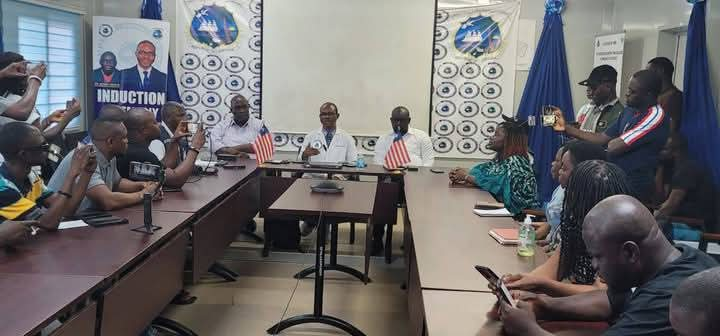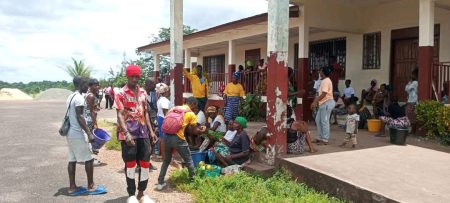The National Public Health Institute of Liberia (NPHIL) has confirmed a resurgence of Mpox, with three new cases identified, bringing the total number of active cases to four. This marks the first increase since the country achieved zero cases in December 2024 and March 2025, having previously overseen more than 70 recoveries and no fatalities. The announcement, made by NPHIL Director-General Dr. Dougbeh Chris Nyan during a press conference, highlights the use of the molecular-based quantitative Polymerase Chain Reaction (qPCR) method for case detection. The resurgence aligns with a broader regional uptick in Mpox cases, particularly in neighboring West African countries such as Ghana, Togo, and Sierra Leone, prompting NPHIL to intensify surveillance and response efforts, especially along border regions.
NPHIL’s proactive response involves enhanced border surveillance and collaborative efforts with Sierra Leonean public health authorities to strengthen cross-border monitoring and effectively contain the spread of Mpox. Internally, the Institute has implemented measures to address the emerging cases, including targeted vaccination strategies for high-risk groups and contacts of infected individuals, spearheaded by Dr. Yuah Nemah, Director of the Extended Programme for Immunization. Furthermore, Dr. Kollie, leading the Case Management Pillar, confirmed the operational readiness of a dedicated Mpox isolation center at the Star Base facility, ensuring prompt and effective isolation and care for confirmed cases.
The resurgence of Mpox has sparked public concern, particularly in light of a recent social media video involving a Liberian celebrity comedian exhibiting pox-like symptoms. NPHIL swiftly addressed the situation, conducting a thorough investigation, testing, and isolating the individual for further care. The individual’s proactive approach in using their platform to raise awareness about the disease was commended by NPHIL, demonstrating the importance of public figures in promoting health information and encouraging responsible behavior during outbreaks. The incident underscores the need for continued vigilance and adherence to health safety protocols.
The situation necessitates a multi-faceted approach, encompassing heightened surveillance, rapid case detection, effective isolation and treatment protocols, vaccination of at-risk populations, and transparent public communication. NPHIL’s proactive measures, including enhanced border monitoring, collaborative efforts with neighboring countries, and the establishment of dedicated isolation facilities, demonstrate a commitment to containing the spread of Mpox and protecting public health. The utilization of advanced diagnostic techniques, such as qPCR, further strengthens the response by enabling rapid and accurate case identification.
Public awareness and engagement are crucial components of the response strategy. NPHIL’s prompt investigation of the suspected case involving the Liberian celebrity comedian and its subsequent commendation of the individual’s efforts to raise awareness highlight the importance of public-private partnerships in disseminating vital health information and encouraging responsible behavior. By leveraging the reach and influence of public figures, NPHIL can effectively communicate critical information about Mpox, its symptoms, preventative measures, and the importance of seeking timely medical attention.
The ongoing efforts to control the spread of Mpox require continued vigilance, adherence to health safety measures, and clear communication from public health authorities. While the resurgence of cases raises concerns, NPHIL’s proactive measures, combined with public awareness campaigns and collaborative efforts with regional partners, provide a framework for effectively managing and containing the outbreak. The emphasis on vaccination of high-risk groups and contacts of infected individuals, coupled with the availability of dedicated isolation facilities, further strengthens the response capacity. It is essential for individuals to remain informed, seek reliable information from health authorities, and avoid panic while continuing to practice recommended preventative measures. The collaborative approach adopted by NPHIL, involving both domestic and international partners, underscores the importance of coordinated efforts in tackling public health challenges and safeguarding the well-being of the population.














